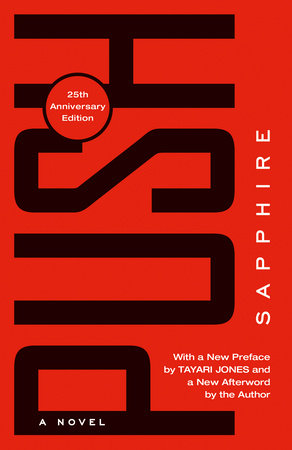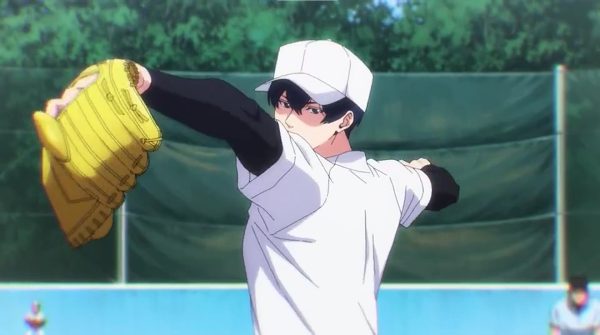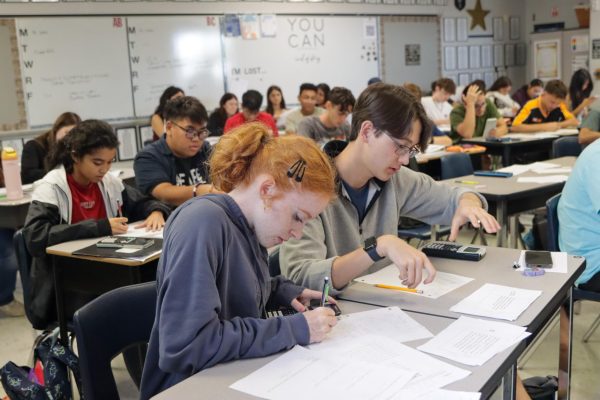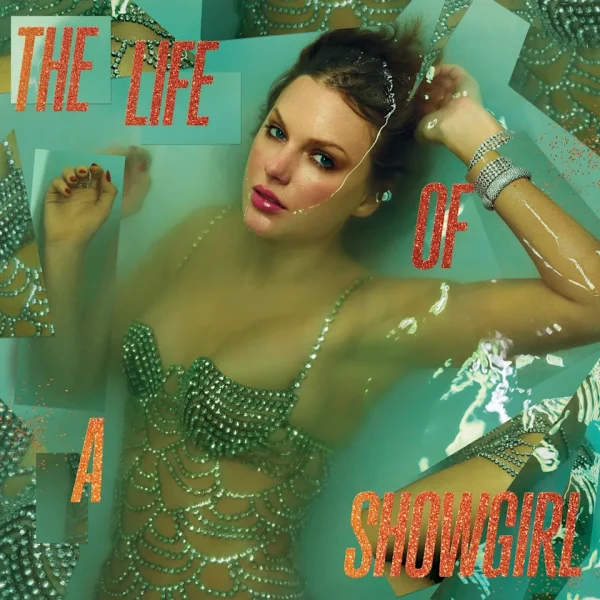Book banning: an insult to freedom

photo by Penguin Random House
“Push,” by American author Sapphire, is one of eight books recently banned in Seminole County. The story is about an African-American girl who suffers from physical, emotional and sexual abuse.
Almost 70 years ago, Ray Bradbury published an ominous warning in his book “Fahrenheit 451,” describing a world in which knowledge is regarded as too dangerous for the public, and entire buildings are burned for fear of the books inside.
Stories like this seem like far-out suggestions. Entertaining, but unrealistic. However, reality for students in Florida is looking more and more like the twisted dystopia of “Fahrenheit 451” every day.
In case parents did not already have enough excessive power over their own child’s life, Gov. Ron DeSantis has given them the ability to control which books any student is allowed to read. Book banning, once a distant horror in a fictional book, has become a very real issue that violates the constitutional rights of authors and students.
English teacher Sarah Bearss, one of the chairs of the English department, explained that if a parent has a complaint about a book, they can bring it up with the school, which then evaluates whether the material is appropriate. If the book is successfully banned, teachers cannot have it in their classroom or recommend that students read it outside of school.
Books have been banned for being “offensive to God” and containing “witchcraft.” It is sad that society has reached a point at which witchcraft is an acceptable reason for restricting a book. Even if, despite all scientific reasoning, a child were to learn witchcraft by reading “Harry Potter,” by all means they should do so, as they could likely use said powers to solve climate change or world hunger.
Groups supporting this censorship, like Moms For Liberty, try to impose bans on anything that does not agree with their exact beliefs. Should extremist groups, who clearly are not even aware of the correct definition of “liberty,” be the ones that the public trusts to determine which books students can read?
Another main reason for banning is difficult or “explicit” topics. However, it is important for students to be exposed to these subjects, and pretending that they do not exist will not make it true.
“Let’s Talk About It,” a book currently banned at Hagerty indefinitely, teaches teenagers about relationships and sexual identity, topics which they will undoubtedly encounter regardless of whether they read the book. Other banned or challenged books include “offensive language” or discuss sexual assault. These subjects are important to learn about, and for many, reading a book is the most comfortable way to do so.
This is not even the true reason for many bans. Some challenged books that included diverse characters or themes. A study by PEN America found that 41 percent of banned books across the U.S. in the 2021-2022 school year addressed LGBTQ+ topics, and 40 percent included main characters that were people of color.
Inclusivity is important for building a better world, and people are heading in the wrong direction by trying to remove any traces of diversity from reading material. Books are a reflection of society, and by denying these groups the ability to exist in literature, they may as well be claiming that they should not exist in real life. Parents who are worried that their child will suffer a heart attack upon discovering people who are different from themselves can decide to restrict a book for their own child, without taking away anyone else’s choice.
In the end, the notion that all this will even actually work is laughable. Before the ban, no one even knew that these books were in the media center, but students are more likely to seek out materials that have been “forbidden”—and they are right to do so.
So go ahead and pick up a copy of “Lucky” by Alice Sebold, or “Triangles” by Ellen Hoskins, and see whether they are truly so horrifying that no student in all of Florida should be allowed to read them.
At the end of the day, it should be the student’s decision what they choose to read, and local governments should be focusing on how they can protect that freedom, instead of looking for more ways to control every bit of information that kids are exposed to. Imposing bans on media of any sort is both unconstitutional and insulting.
Your donation will support the student journalists of Hagerty High School. We are an ad-free publication, and your contribution helps us publish six issues of the BluePrint and cover our annual website hosting costs. Thank you so much!






